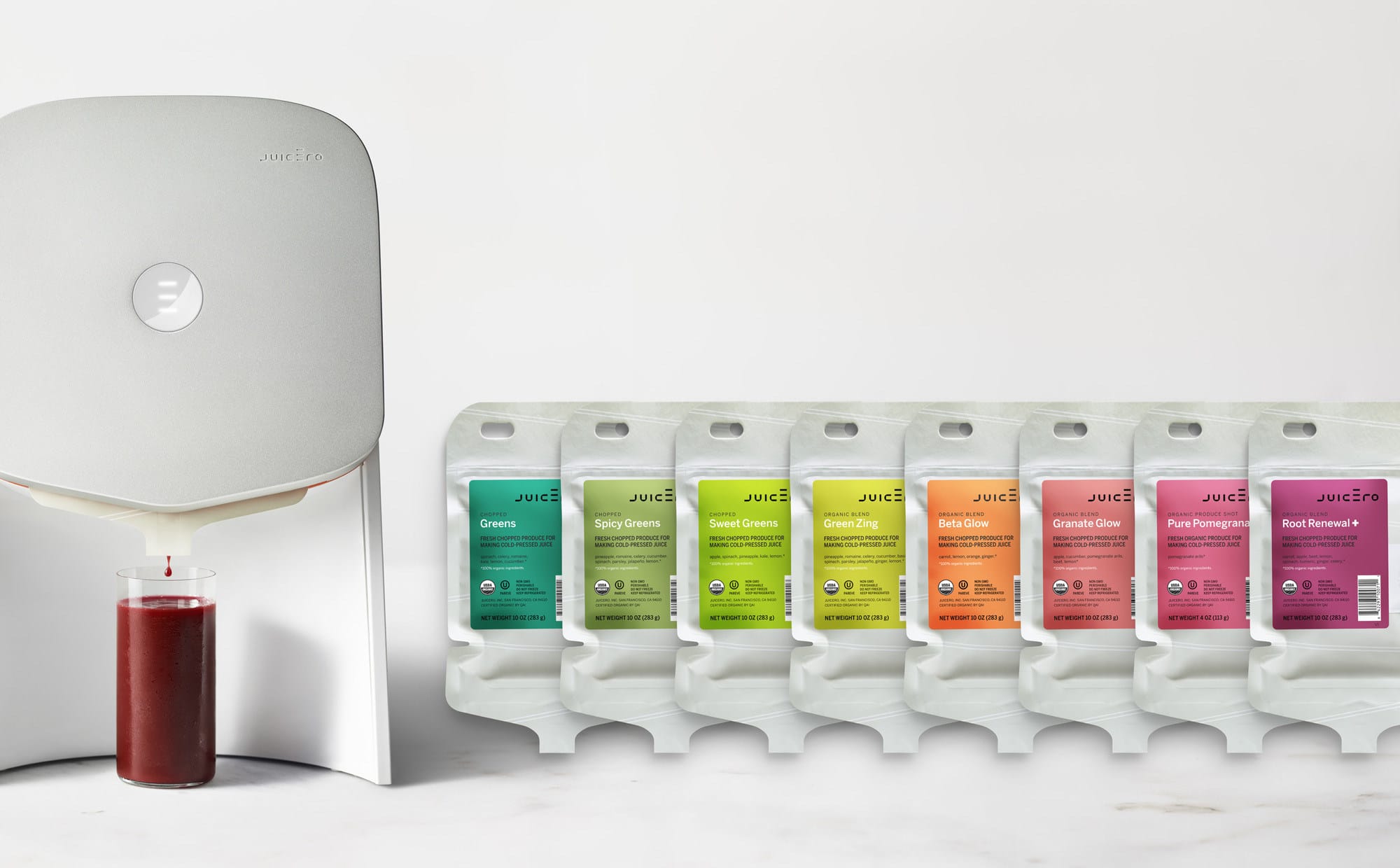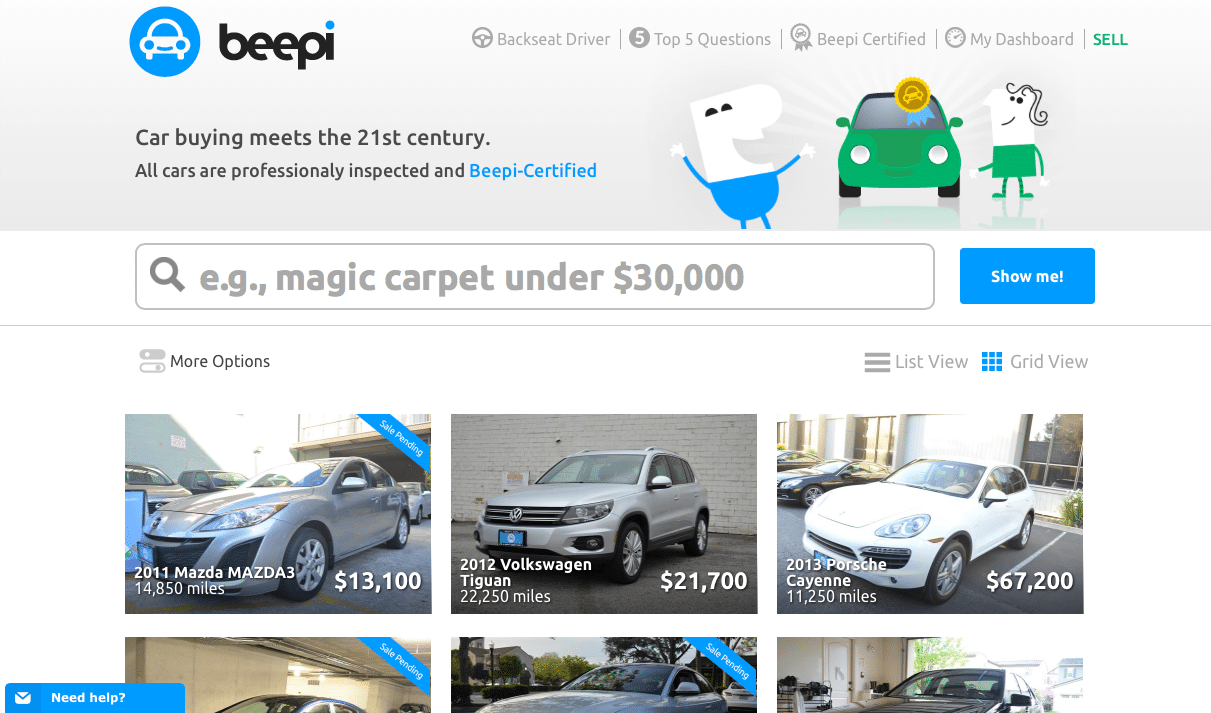Noppeid IT ajaloost
Three IT startups that have taught us something new with their failure.
1. Juicero (Raised $118.5 million) [1] [2]
Founded in 2013, Juicero was known for their $699 wifi-connected luxury juicer that required proprietary juice packs. Original founder, Doug Evans, compared himself with Steve Jobs in his mission for juicing perfection, explaining how his juice press had the force to “lift two Teslas.”
Although the CEO, Jeff Dunn, former president of Coca-Cola North America, argued that the Juicero was “much more” than just a juicer, the public seemed to disagree. When Bloomberg released a video that showed that their juice packets could be squeezed by hand just as quickly, if not faster, consumers were dissuaded by the seemingly obsolete and large machine.
After shifting resources to lower the price of the machine and their juice packs, Juicero shut its doors 16 months after its initial launch.
What can be learned from this startup :
The fact that consumers will study the price of your products and compare them with others, and also consumers will study your product "from all sides".

2. Beepi (Raised $149 million) [1] [2] [3]
Beepi’s used car marketplace made a big splash when it was first founded. In a world of exploding on-demand marketplaces, Beepi’s future looked bright to consumers and investors. In 2015, Beepi secured a hefty $60 million Series B funding round.
Considered a classic example of a company with a “good idea and bad execution,” Beepi’s high burn rate led to the company’s demise. Leadership was notorious frivolous, with TechCrunch reporting that Beepi’s executives were going through $7 million monthly due to “grossly high salaries” and spending on frivolous extras like a “$10,000 sofa” for an exec’s private office. Struggling after an unnamed strategic Chinese investor pulled out its support, Beepi was forced to lay off its 180 staff members.
What can be learned from this startup :
You must always proceed with caution and this is especially important when dealing with money. You must always understand that money can run out.

3. Sprig (Raised $56.7 million) [1]
Healthy food startup, Sprig, closed its doors in May of 2017, proving that on-demand food delivery is a tough business.
At a $110 million valuation, Sprig’s demand maintained its growth, but Sprig’s CEO Gagan Biyani explained: “the complexity of owning meal production through delivery at scale was a challenge.” According to reports on Bloomberg, Sprig burned through $850,000 a month and was ultimately unable to find a buyer.
What can be learned from this startup :
You always need to think about how profitable your startup can be, otherwise, because of poor profitability, the startup will not be able to live through the very beginning.




Комментарии
Отправить комментарий